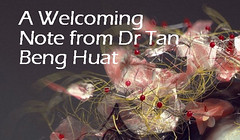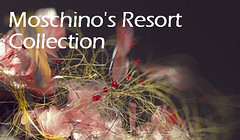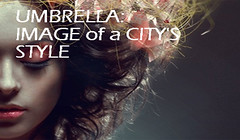These costs manifest themselves in situations where you find yourself trying desperately to share your life-changing experiences with your friends only to be met with eyes of boredom and a stifled yawn.
No matter how many pictures of Louvre you pull up on your phone, they can’t seem to get how truly spectacular it was to stand in front of the Winged Victory of Samothrace. While one might be tempted to assign this lack of interest to simple envy, the truth is often at once more simple and complex than that.
“You had to be there to experience it,” you say, casually. And that statement might just contain the answer to your friends’ lack-of-interest.

They just weren’t there.
Your friends did not set out to be intentionally callous. The problem is that they just can’t relate because they weren’t there. You speak of washing down the most delicious cod croquettes with a glass of rosé at the 58 Tour Eiffel, but back here among the humdrum of the every day, your hometown mates are probably more excited about the local pizza joint that recently opened two streets over.
The lack of shared experiential vocabulary can create some social friction. Extraordinary experiences, while personally life-changing, might leave the traveller feeling socially divided from his or her community.
If you want to bond over how beautiful the sunlight looked sparkling on the water as you walked along the Seine, why not seek out a fellow traveller who understands without having to pull up a dozen photos that ultimately don’t do it justice anyway.
Reconnect with the travel buddies you met along the way. You’ll both be able to intuitively understand each other’s experiences and reciprocate with sharing similar stories more enthusiastically.

Growth is normal.
Understand that many of these experiences often confer non-social pleasures that might best be accepted as a personal journey.
If you claim that these have been life-changing experiences, then changes are bound to reflect in your person. How have your philosophies or outlooks on life shifted? Your previously irreligious self would have scoffed at the idea of any higher deity. But after spending an afternoon listening to the choir sing at Sacré-Cœur Basilica, you now identify as a Christian.
Not all changes are that momentous. Maybe visiting all those galleries and museums has given you a newfound appreciation for Renaissance art. Your friends might not be that interested in listening to the history of the pigments used by Leonardo da Vinci in his Mona Lisa.







You need to be a member of Iconada.tv 愛墾 網 to add comments!
Join Iconada.tv 愛墾 網